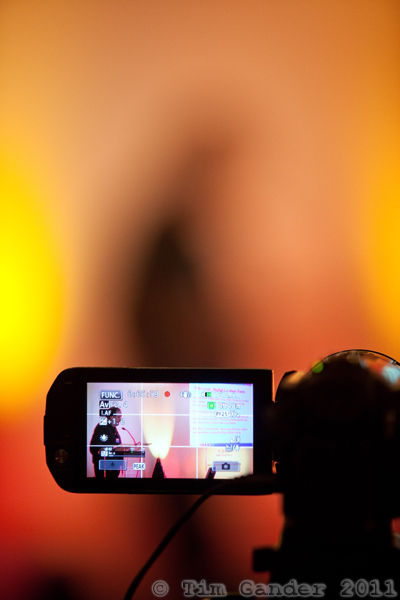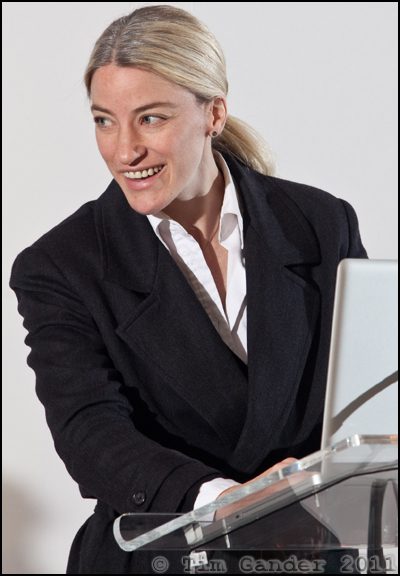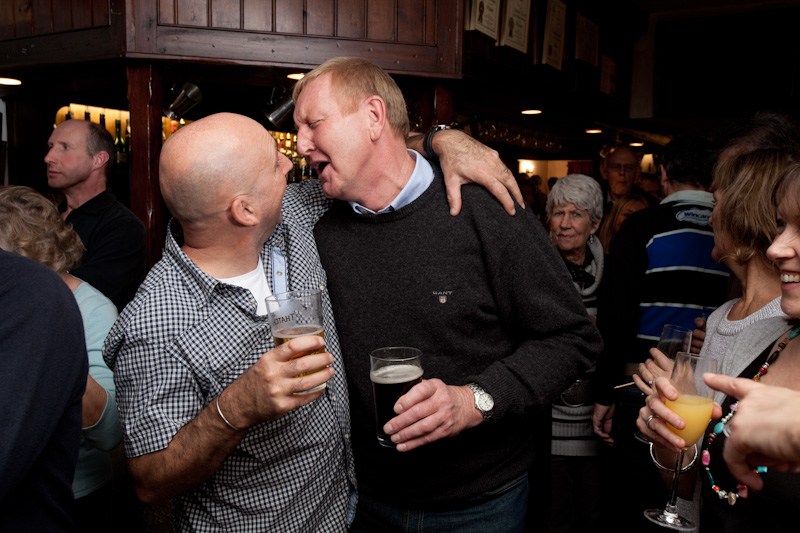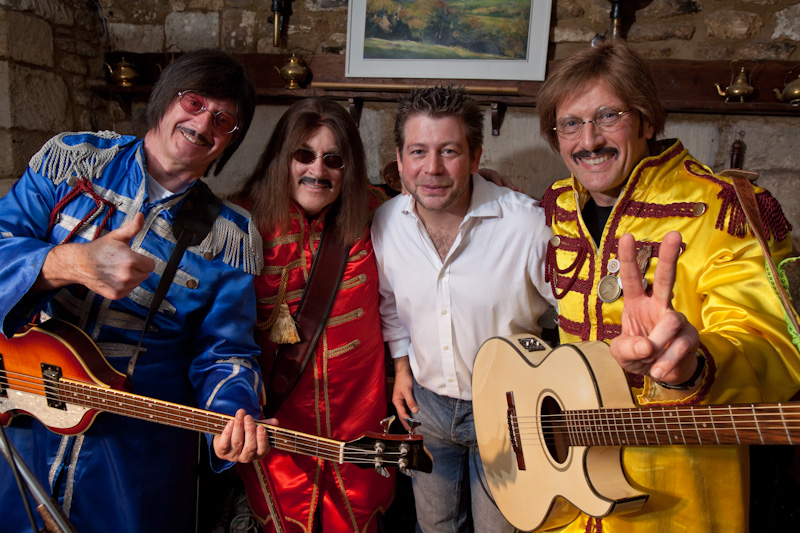It was around this time last year I blogged about conference photography, and since I’ve just come through another season of them again it seems timely to remind you all what a good photographic opportunity it can be.
When it comes to conferences, it’s easy for an organisation to talk itself out of hiring a professional photographer to cover the event (that’s assuming they’ve given photography any thought at all).
If you’re considering a conference you might dismiss the need for professional coverage for two main reasons:
- To hire a photographer for the duration of a conference is a relatively large up-front cost
- It’s easy to snap some pics of people talking and delegates listening, isn’t it? So collar the keen camera owner from within your own ranks and set them the task because it’s cost-free. Supposedly.
The answer to the first question is that while it is an up-front cost, that cost is often out-weighed by the value of the images delivered because you’ll have pictures to use for all kinds of post-event PR, and the eventual cost of individual images will be very low. I’m talking a few £s each, if covered properly. With quality coverage you’ll have a good selection of shots you can use repeatedly.
Conferences are also often the only time key individuals of an organisation are together, so it’s worth seeing what headshots and other useful non-conference images can be garnered to get even greater value from the photographer’s fee. Don’t go mad of course, the photographer has to spend time dealing with all the images afterwards, but properly built into the brief in advance you should be able to get more than just conference photos from the conference.
The answer to the second question is that it’s harder than you might think. You’ll see some people (professionals and amateurs alike) attempting to use whatever lighting is available, which will be whatever crazy-coloured lights the AV guys fancy throwing onto the stage. It might (might!) look OK on video, but generally looks pants in stills.
To avoid the ‘purple gargoyle’ look, and to avoid trying to shoot at 3,200 asa for bullet-like grain and still getting camera-shake, some photographers then resort to sticking a flash on top of their camera. Oh dear. Now we have white-out faces and shocking outline shadows around the speakers.
I work differently. Using my own portable flash system I ensure speakers are properly lit. Very often I can set it so that not only the speaker is lit nicely, but also their slide presentation is still visible too. It’s not always possible to do that as it depends on the venue and staging arrangements, but the focus is always on generating high quality images for the client.
If a staff member has shot the pictures, that’s someone taken away from their useful duties to perform a task they’re not up to doing competently and you’re left with unusable images, with no PR value at all.
This is why, when planning a conference and its coverage, you need to pick a professional photographer and one that knows what they’re doing.
In the past couple of months I’ve been busy with conferences for the likes of Regen South West and the Digital Curation Centre’s international conference. I’m posting some key images here so you can see how while a conference image may not make it to the walls of a gallery, neither does it have to be a comedy of photographic errors…

Finding interesting views of speakers helps add variety to the picture set.

Well-placed flash replaces the AV lighting which is often ugly
You can now see a fuller set of images from the Digital Curation Centre conference in Bristol here.




